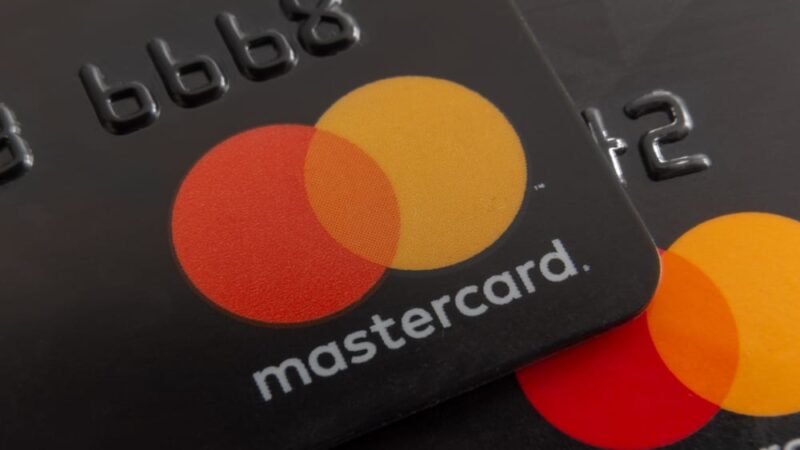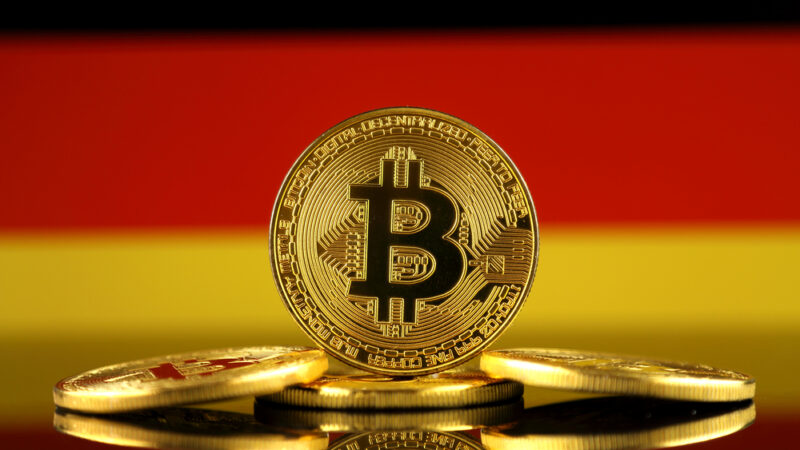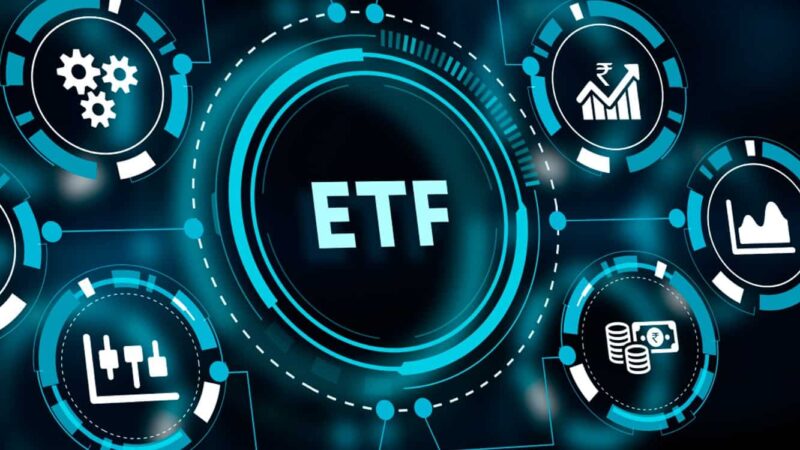Tokenized shares: SEC approval opens the door for on-chain-equities

The startup Dinari based in San Francisco was the first company in the USA to receive the broker dealer approval of the SEC for trading tokenized shares-a milestone for blockchain-based financial products.
Die Tokenization Real stocks have long been a vision – now it becomes regulatory. With the first admission A US broker dealer for trading with tokenized shares is opening the FinTech Dinari a new chapter in the capital market. The so-called DShares stand for 1: 1 tokens covered by US shares, which will be traded and handled on public blockchains in the future-almost in real time.
On-chain instead of T+2: Efficiency thought new
Tokenized stocks stand for more than just technological gimmick. They offer concrete advantages over traditional securities processes:
- Near-Instant Settlement: Instead of T+2 processing, smart contracts enable the transfer of ownership after execution.
- Lower costs: Automated processes reduce fees for clearing and custody.
- 24/7-labeled: Trading is possible around the clock – without stock exchange opening times, with global liquidity.
- Fractional Ownership: Expensive stocks can also be divided into the smallest units and thus made retail-friendly.
Dinari plans to integrate his services directly to end customers, but to integrate into existing broker and fintech platforms via a white label API. This enables traditional providers to integrate on-chain assets seamlessly into their offers-without their own blockchain infrastructure or user interface.
Regulation: Signal effect for the market
Admission by Sec and Final is more than just a corporate milestone. It sends a strong signal: the US regulators are open to the modernization of the securities market by blockchain technology. While competitors like Coinbase, Kraken Or continue waiting for regulatory green light, Dinari has made the first formal breakthrough.
Dinari works on open ERC‑20 Contract specifications and cooperation with regulators. If this model proves itself, it could serve as a template for an international ecosystem of tokenized financial products-including integration in defi-risk-risk and institutional treasury applications.
Industry analysts see this development a kind of “Writing on the Wall”: The opening for on-chain-equities could become the dominant trend of the coming years-including native IPOS, tokenized dividends and automated reporting via smart contracts.
Stay challenges
Despite the regulatory progress, there are structural hurdles:
- Illiquid secondary market: The trade in tokenized shares is still thin, which limits pricing and arbitrage.
- Regulatory complexity: Many US investment laws-such as exercising voting rights or custody obligations-are designed for central structures and are difficult to transfer to decentralized systems.
- Missing global standards: The technical and legal interoperability is not yet available, which limits cross -border use.
From failure in the past protocols to regulatory breakthrough
Earlier attempts such as the Mirror Protocol or Synthetix Xstocks failed due to a lack of regulatory clarity. Dinari, on the other hand, combines traditional market structures with blockchain logic-with clear rules. If the model prevails, native on-chain stock emissions could soon become a reality.
While the infrastructure is, the question remains: Which established players integrate early – and who stays behind? Because one thing seems clear: the tokenized stock is no longer a concept. It is a reality.
(Tagstotranslate) dinari
Source link





